We revisit an interview with the visual activist ahead of their first major survey in Germany opening at Gropius Bau
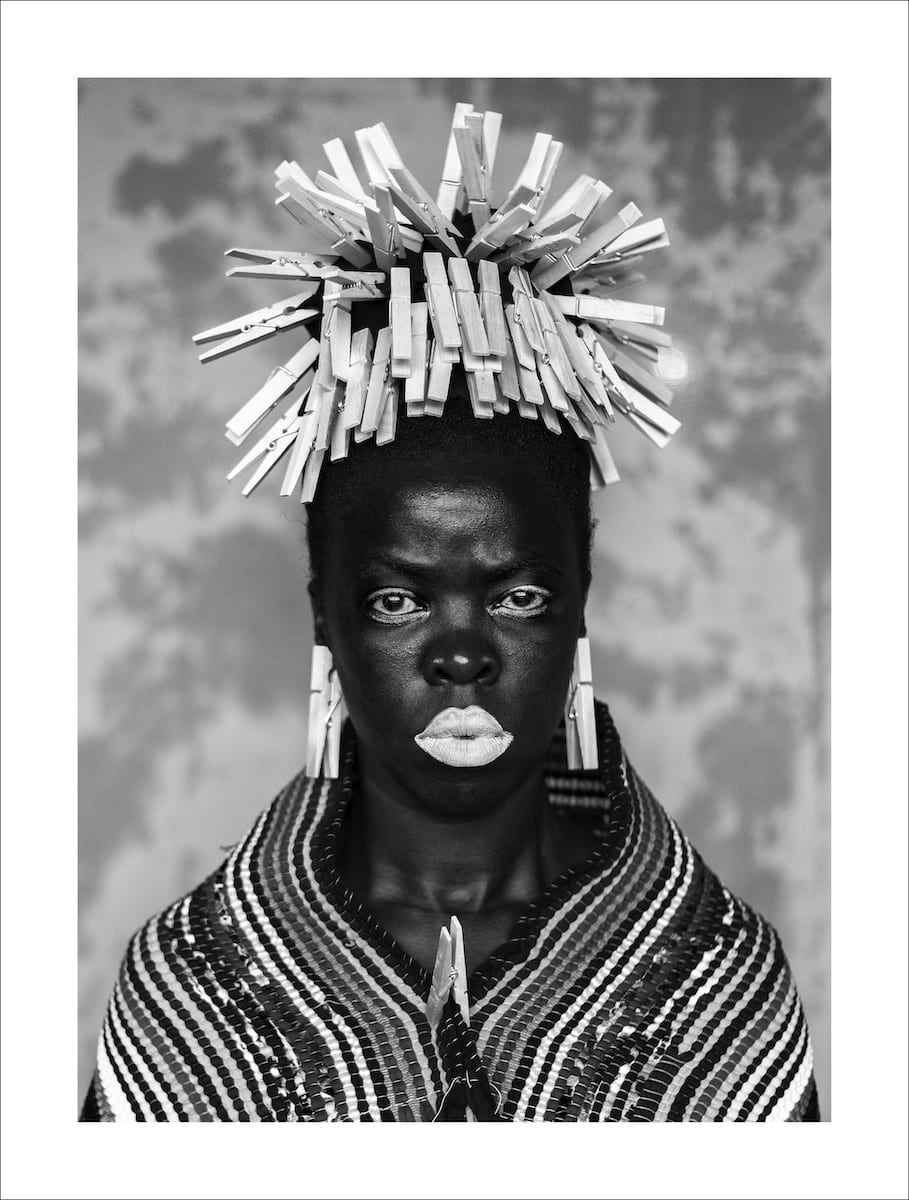

We revisit an interview with the visual activist ahead of their first major survey in Germany opening at Gropius Bau
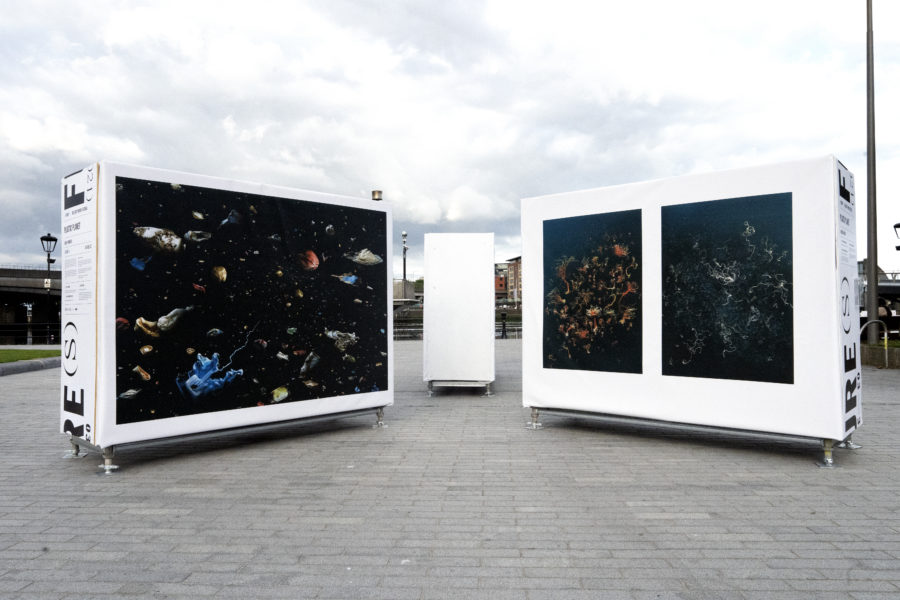
Running until 30 June, the 2021 programme examines a provocative array of future(s) against the backdrop of Belfast
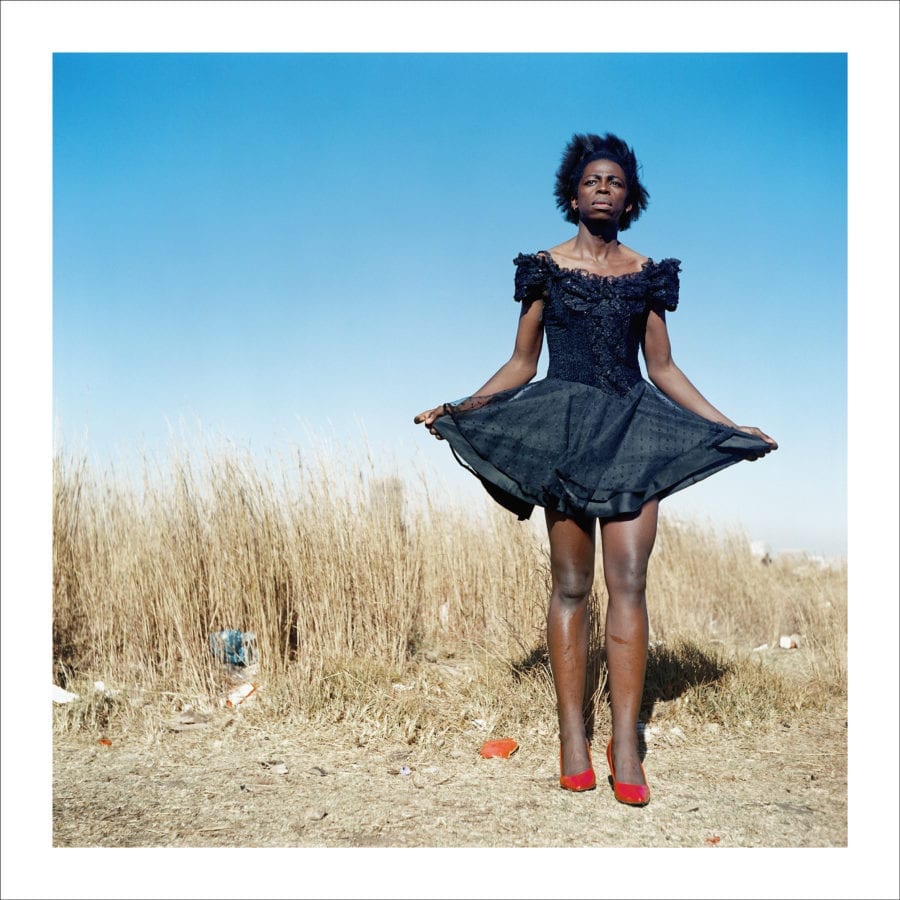
A new exhibition at the MOCP in Chicago raises questions of women’s agency over their bodies in the present day
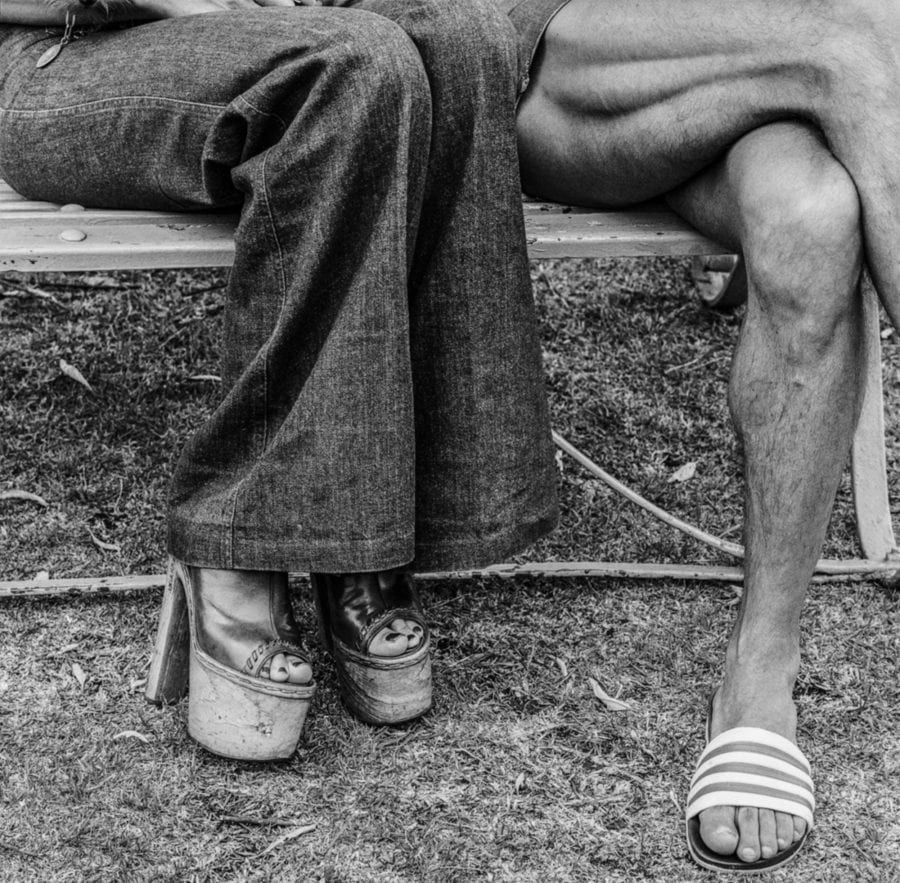
The late South African photographer’s close friend and mentee explores Golblatt’s “living memory” in a new show at Pace Gallery

This month’s digital issue centres around the intersection of art and activism, with an interview with Zanele Muholi ahead of her survey show at Tate Modern
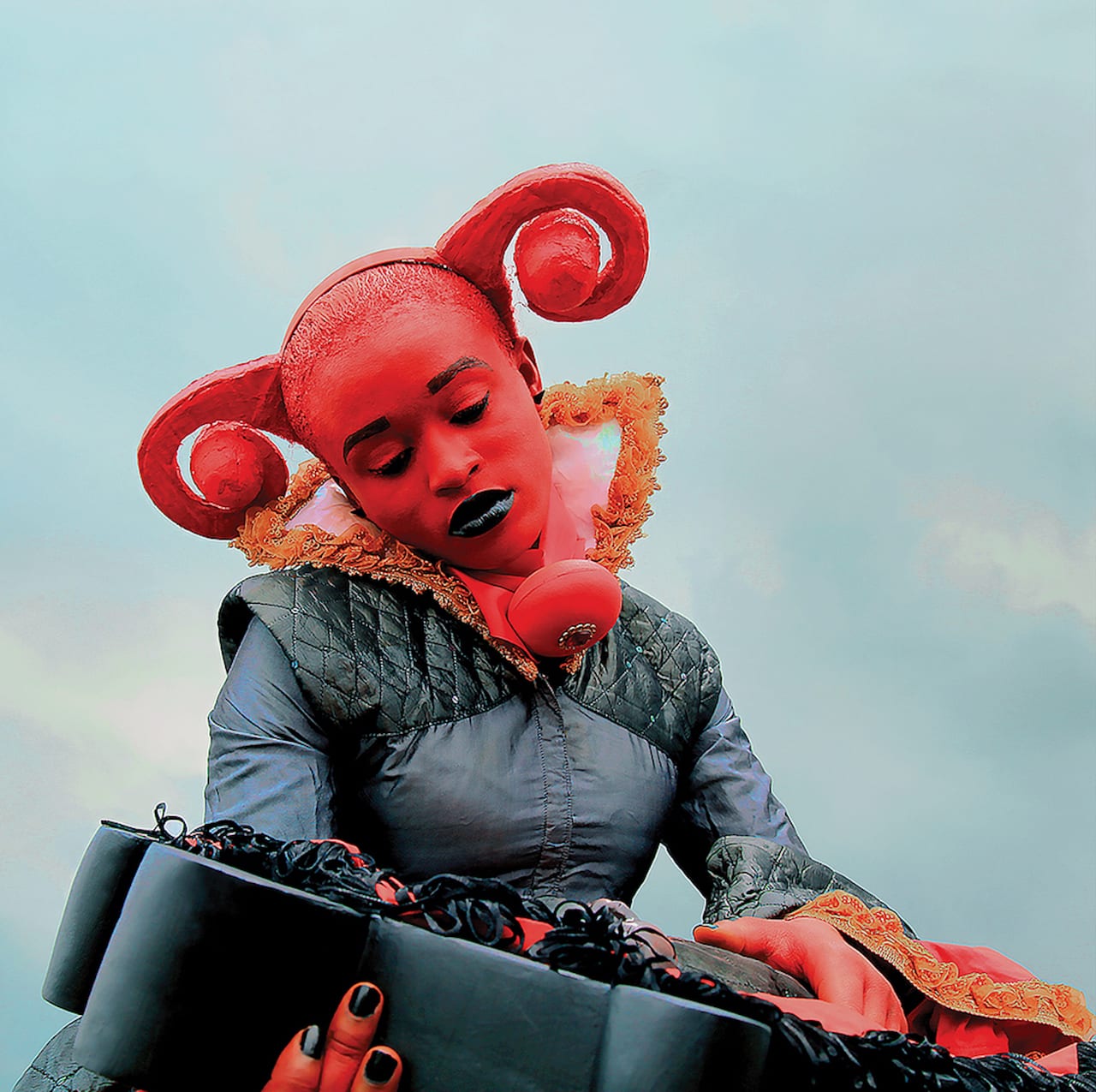
Mark Sealy guides us through the work of eight artists from an exhibition he originally curated for FotoFest 2020, examining the relationships between contemporary African life, the diaspora, and global histories of photography and colonialism
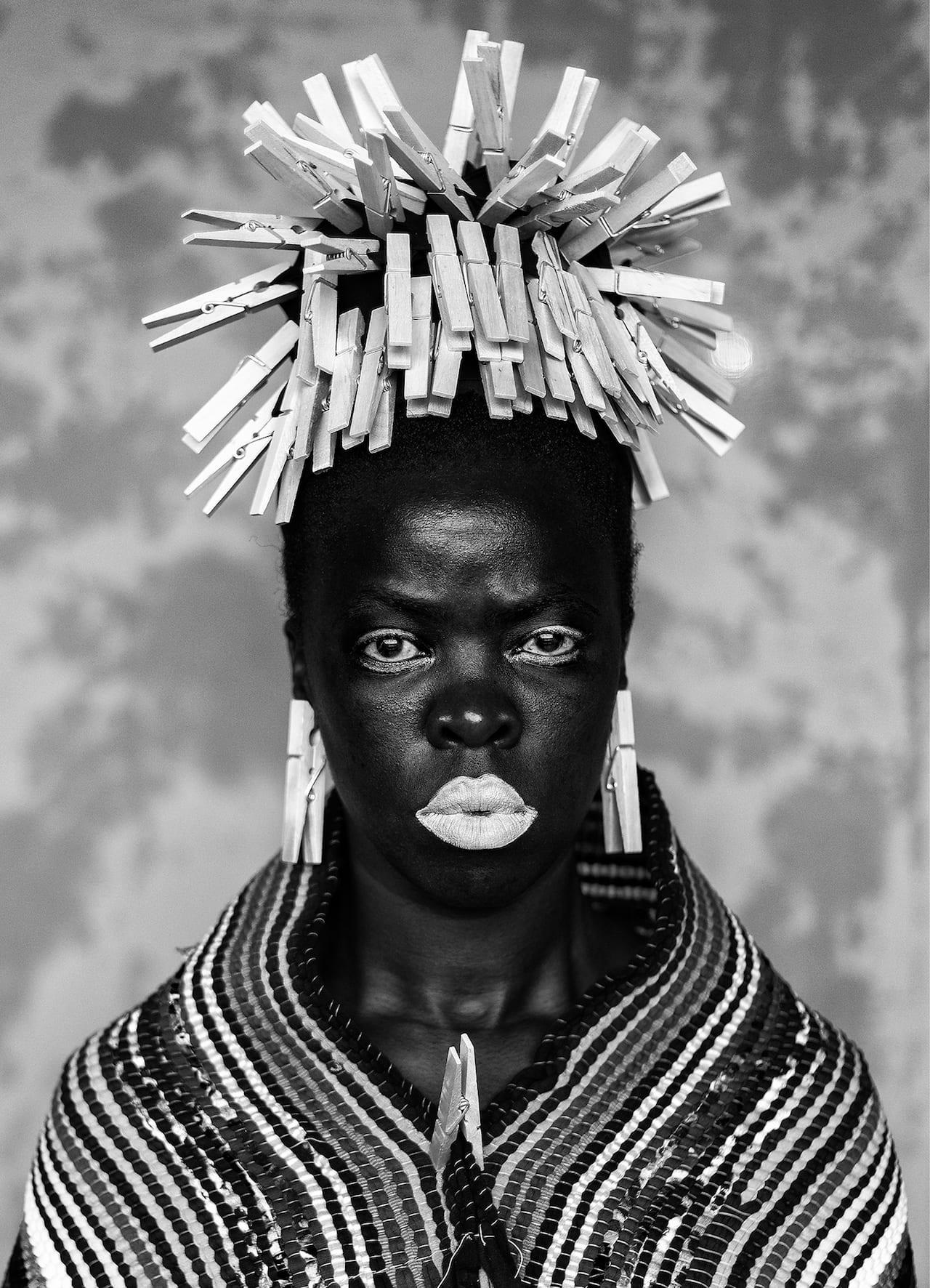
The South African photographer’s series of self-portraits addressing race, gender, and identity has been awarded the prestigious photobook prize
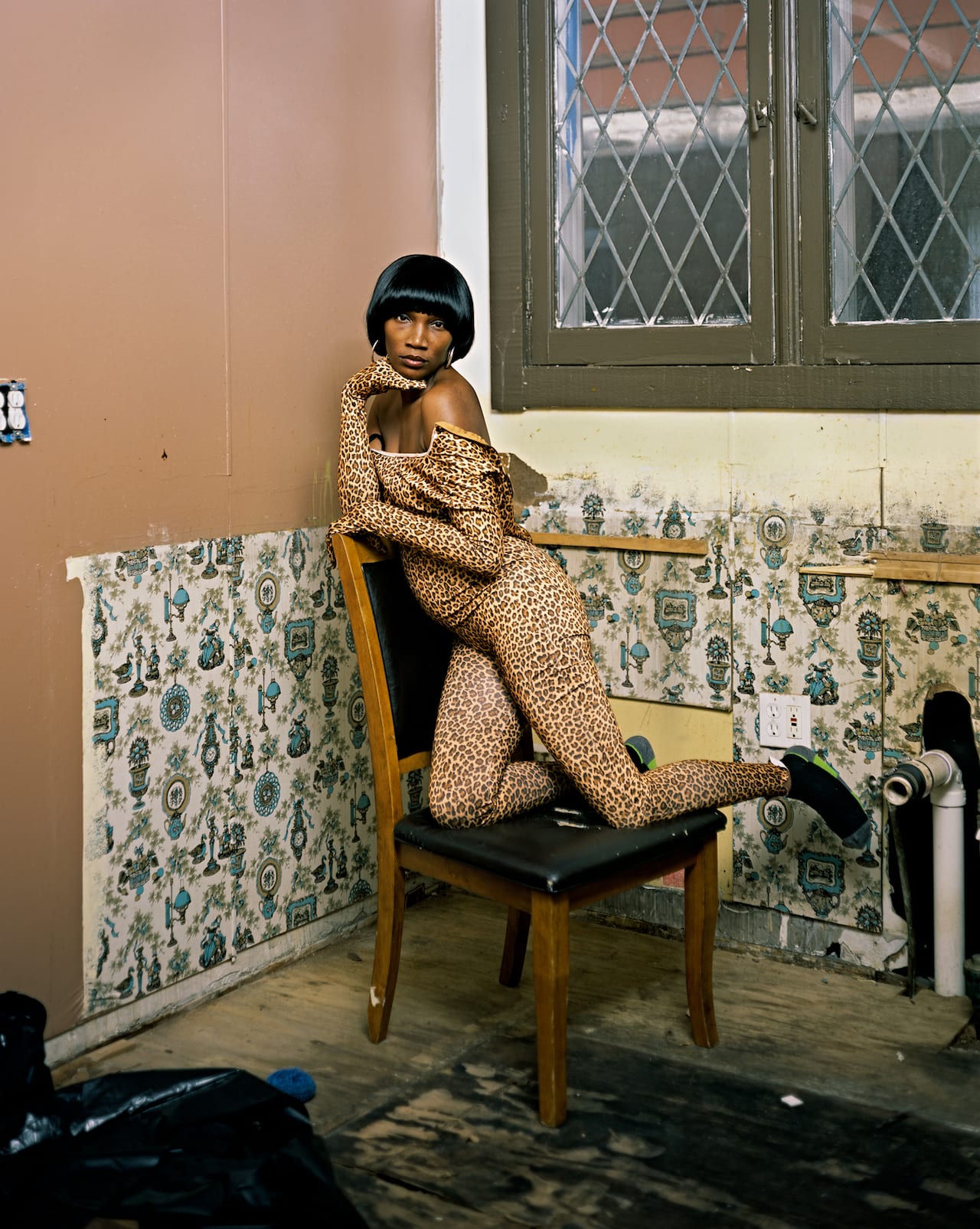
The shortlists are out for the Kraszna-Krausz Book Awards and the result for the photobook prize is striking: this year, all three shortlisted books are by women, with Laia Abril’s On Abortion (Dewi Lewis Publishing), Deana Lawson: An Aperture Monograph, and Somnyama Ngonyama, Hail the Dark Lioness by Zanele Muholi (Aperture) all making the grade.
But says chair of the Kraszna-Krausz, Brian Pomeroy, that fact shouldn’t stand out as remarkable. “We’ve had female winners before,” he says. “It just shows talent is equally distributed, and you wouldn’t expect anything else. There have been very strong female photographers since the beginning of photography, I don’t think it’s something new.”
Liz Jobey, associate editor of the FT Weekend Magazine and a member of the photobook jury along with Chrystel Lebas, photographer and Kraszna-Krausz Book Award Winner 2018, and Anne McNeill, director of the Impressions Gallery, agrees, adding that the jury wasn’t deliberately looking out for books by women. But, she says, it’s an interesting time in which photography – and society and culture more generally – is opening up to other perspectives, and that was naturally reflected in this year’s shortlist.
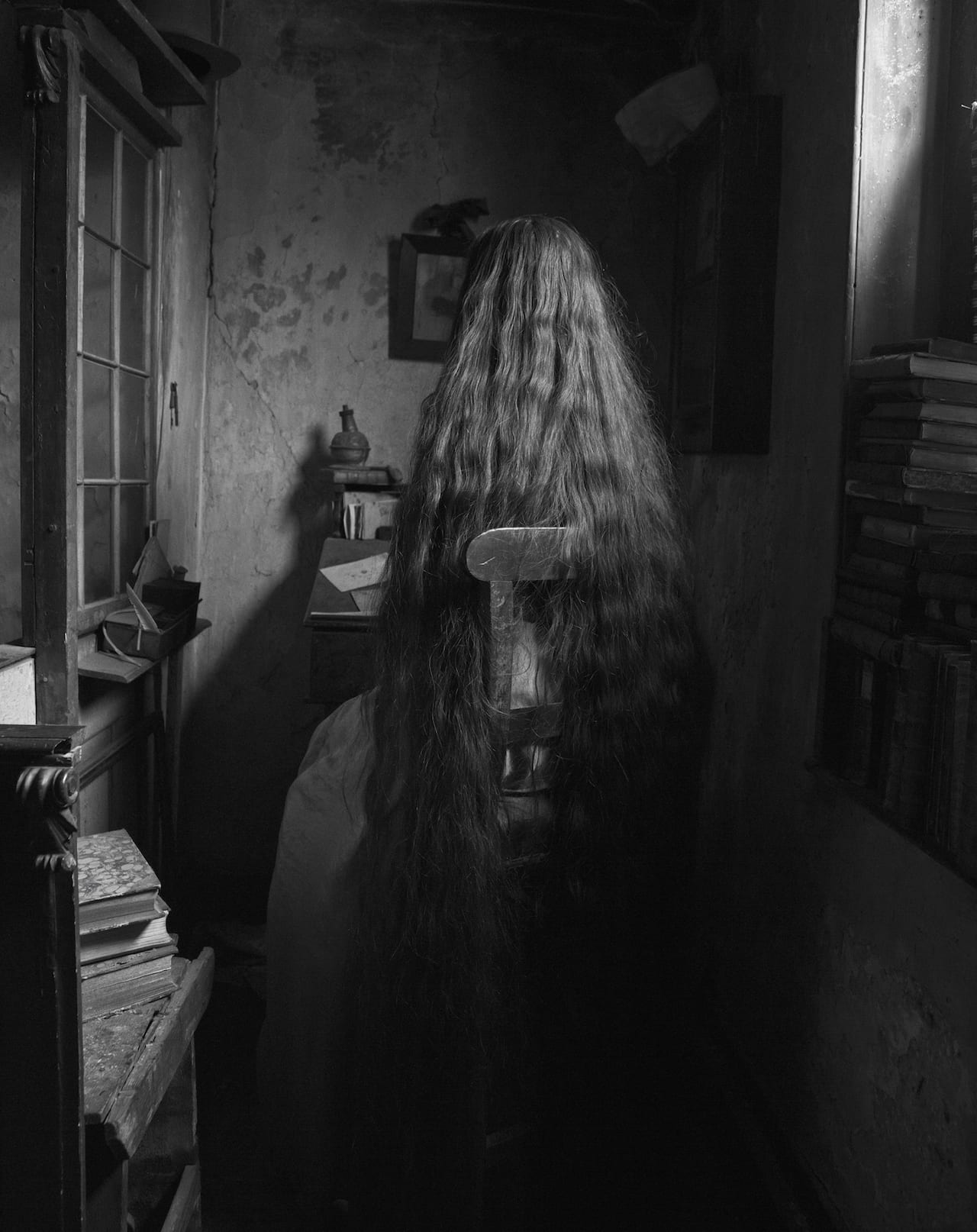
What do Sophie Calle, Rineke Dijkstra, Susan Meiselas, and Hannah Starkey all have in common? They’re all on the list of 100 contemporary women photographers picked out by the UK’s Royal Photographic Society, after an open call for nominations. Over 1300 photographers were recommended to the organisation by the general public, which was slimmed down by a judging panel headed up by photographer Rut Blees Luxemburg.
The final list includes well-known names but also less recognised image-makers such as Native American artist Wendy Red Star, Moscow-based photographer Oksana Yushko, and Paola Paredes from Ecuador. Each Heroine will be awarded a Margaret Harper medal, named after the first female president of The Royal Photographic Society, and the first female professor of photography in the UK. An exhibition and accompanying publication will follow, all part of a bid to highlight women working in what is still a male-dominated industry.
“Although it was a truly challenging exercise having to consider 1300 women, being a part of the jury for Hundred Heroines was ultimately an incredibly stimulating and inspirational process,” says Luxemburg. “This final list reflects both the global expanse of female practice and the intergenerational input into contemporary photography. It reflects the wide range of methodologies, practices and diverse approaches of women working with the photographic medium. This is a moment of change and this list of heroines pays heed to it.”
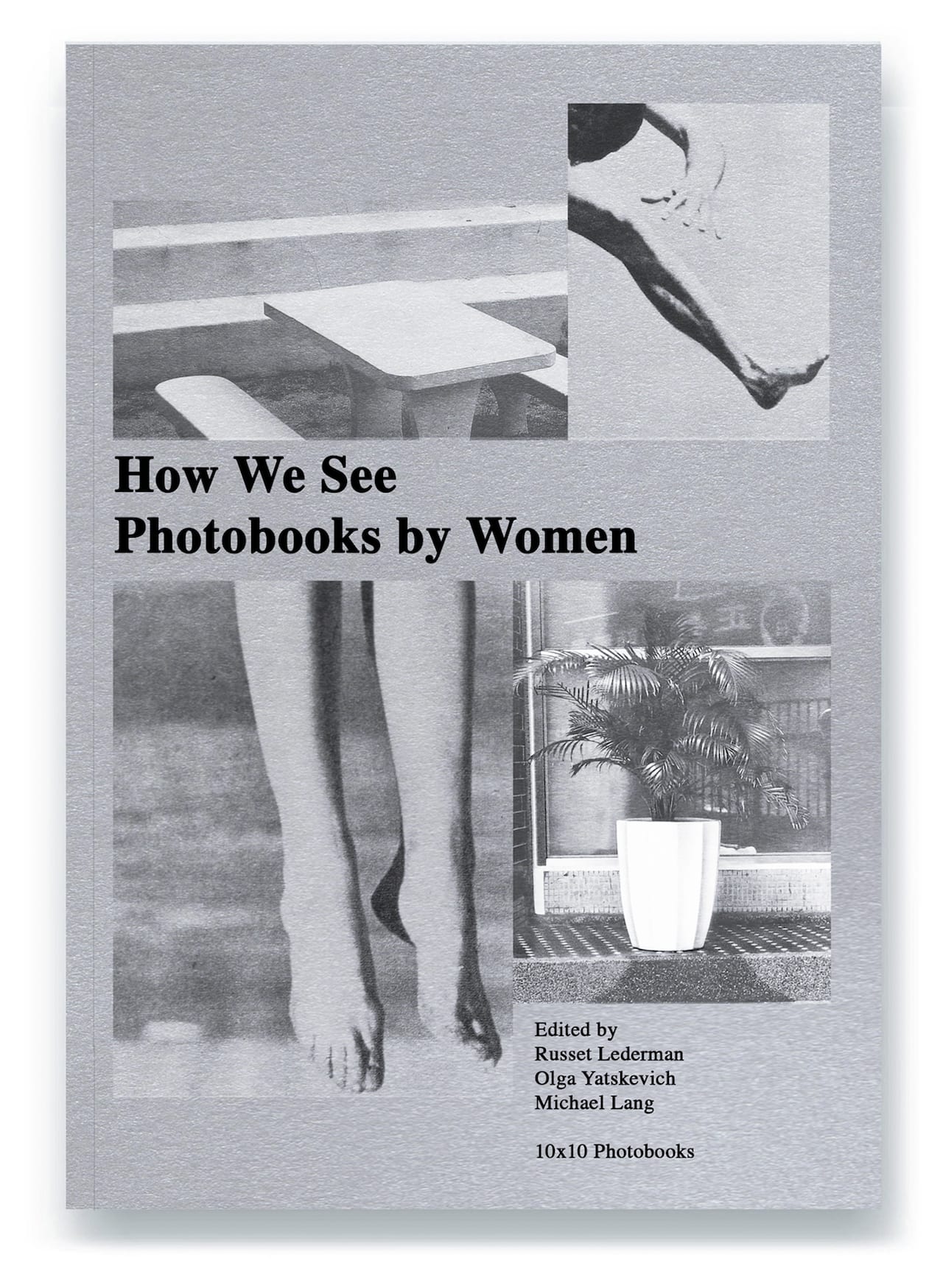
History confirms it – the first photobook was made by a woman, with British photographer Anna Atkins publishing Photographs of British Algae: Cyanotype Impressions in 1843, a year before Henry Fox Talbot’s The Pencil of Nature. Still, many historians, including Allan Porter in his introduction to The Photobook: A History, dismiss Atkins’ work as “photographic prints” rather than photography.
“Unfortunately, this is far too often emblematic of the uphill battle women photobook-makers still encounter when we talk about their history,” says Russet Lederman, co-founder of 10×10 Photobooks. “As we conducted research for the How We See project, we discovered that although women photographers produce relatively equal numbers of photobooks to men, their representation in the higher-profile sectors was, and still is, disappointing.”